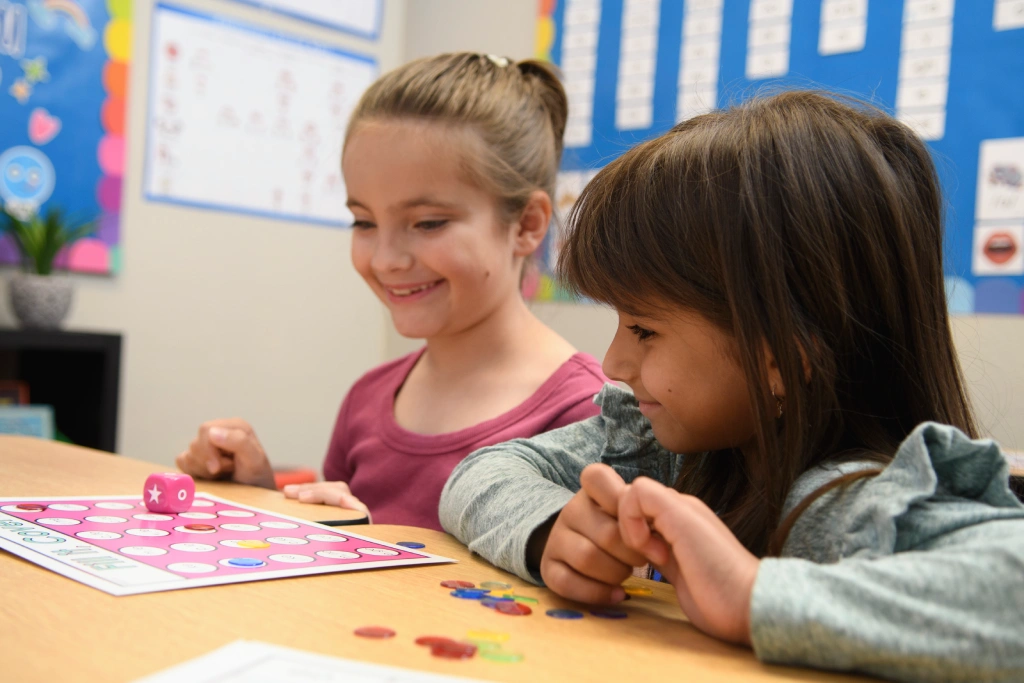From Phonics to Phenomenal: Innovative Approaches to Literacy Education
Literacy is a fundamental skill that opens doors to countless opportunities. From securing a better job to enjoying personal growth, the ability to read and write impacts every facet of life. While traditional methods like phonics have long been employed to teach literacy, innovative approaches are now being explored to make education more effective and engaging. This article delves into some of the cutting-edge techniques transforming literacy education today.
The Importance of Literacy Education
Literacy education is more than just teaching people to read and write. It’s about empowering individuals to function effectively in society. High literacy rates contribute to economic growth, improved public health, and increased civic participation. During Adult Education and Family Literacy Week, we are reminded of the importance of literacy in our communities and the need to support ongoing educational efforts.
Why Traditional Methods Aren’t Enough
Traditional literacy education methods, like phonics, focus on teaching the relationship between letters and sounds. While phonics is a crucial component of learning to read, relying solely on this method can be limiting. It does not cater to diverse learning styles and often fails to engage students who find reading challenging or uninteresting.

Innovative Approaches in Literacy Education
Educators and researchers are constantly exploring new ways to make literacy education more inclusive and effective. Here are some innovative approaches making waves in the field:
Digital Literacy Tools
In our tech-driven world, digital literacy is as essential as traditional literacy. Tools like e-books, educational apps, and online courses provide interactive and engaging ways to learn. These resources can be particularly beneficial for adult learners who may need to balance education with other responsibilities.
Gamification of Learning
Gamification incorporates game elements into learning to motivate and engage students. By turning literacy education into a fun and interactive experience, students are more likely to participate actively and retain information. Games can also provide immediate feedback, helping learners correct mistakes and improve their skills in real-time.
Storytelling and Project-Based Learning
Storytelling taps into the natural human love for narratives, making it a powerful tool in literacy education. By encouraging students to create and share their own stories, educators can make learning more relatable and enjoyable. Project-based learning, where students work on projects over extended periods, also promotes critical thinking and problem-solving, essential skills for literacy.
Integrating Literacy Education into the Community
Community involvement is crucial in literacy education. Programs that integrate education into everyday life can make learning more accessible and relevant. Community centers, libraries, and local organizations play a vital role in promoting literacy by hosting events, providing resources, and offering support to learners of all ages.
Family Literacy Programs
Family literacy programs encourage learning within the family unit, recognizing that parents are a child’s first teacher. These programs help parents improve their literacy skills, enabling them to support their children’s education and create a culture of learning at home.
Workplace Literacy Initiatives
Literacy education doesn’t stop at school. Many adults require further literacy skills to advance in their careers. Workplace literacy initiatives focus on providing employees with the skills they need to succeed, such as reading comprehension, writing, and digital literacy.

The Future of Literacy Education Jobs
As literacy education evolves, so do the opportunities for employment in this field. The demand for literacy educators is growing, especially those with expertise in innovative teaching methods and digital tools. Literacy education jobs are not just limited to schools; they extend to community organizations, governmental agencies, and private corporations.
Skills Required for Modern Literacy Educators
To thrive in literacy education jobs today, educators need a diverse skill set that includes:
- Proficiency in digital tools and platforms
- Strong communication and interpersonal skills
- Creativity and adaptability in teaching methods
- An understanding of diverse learning styles and needs
Opportunities for Professional Development
Continuous professional development is crucial for literacy educators to stay updated with the latest teaching strategies and tools. Workshops, conferences, and online courses offer valuable opportunities for educators to enhance their skills and advance their careers.
Conclusion
Literacy education is an ever-evolving field, and innovative approaches are crucial for meeting the diverse needs of learners. By embracing new methods and integrating literacy into the community, we can create a more inclusive and effective education system. Whether it’s through digital tools, gamification, or community programs, the future of literacy education holds exciting possibilities for both learners and educators. As we celebrate Adult Education and Family Literacy Week, let’s commit to supporting these innovative efforts and ensuring that literacy is accessible to everyone.
Contact PDX Reading Specialist Today
If you’re looking to enhance literacy skills through tailored and effective methods, consider reaching out to PDX Reading Specialist. Our team is dedicated to conducting comprehensive assessments that pinpoint specific literacy needs and create personalized strategies for improvement. Whether you are a parent seeking support for your child or an adult aiming to improve your skills, we offer the expert guidance and innovative solutions necessary for success. Contact us today to schedule your assessment and embark on a journey towards enhanced literacy and empowerment.


